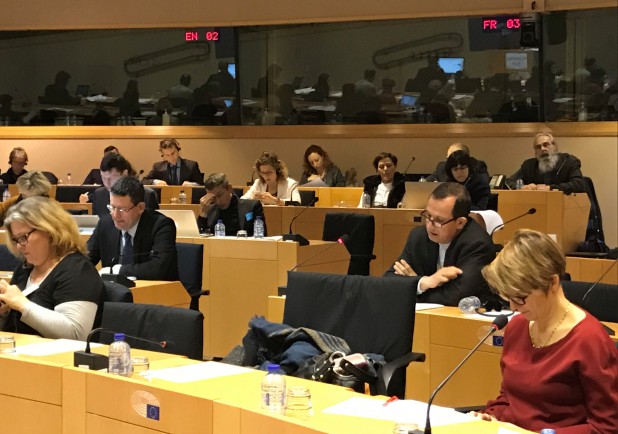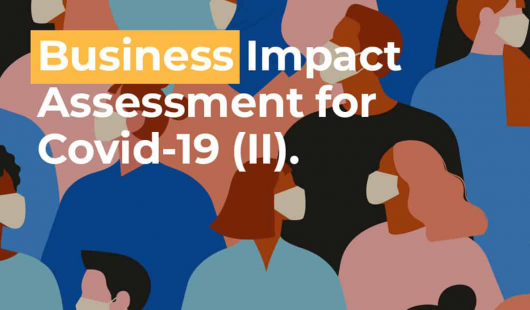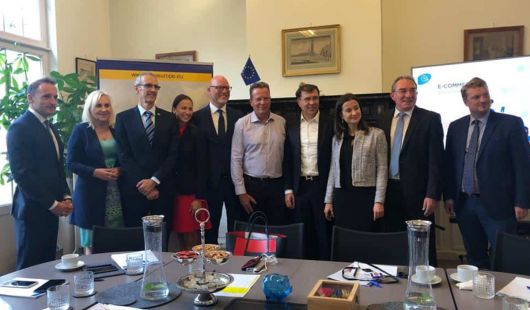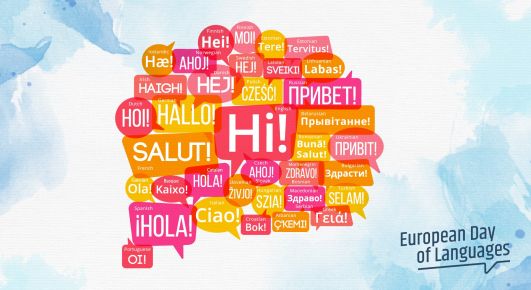Use of mother tongue should be encouraged in the European Union
Use of mother tongue and informing citizens in their own language ought to be encouraged in the European Union – this was the conclusion of the conference held in the European Parliament, where MEPs and language experts debated on the issue of linguistic equality in the digital age. Participants agreed, that the use of mother tongue would not only stimulate the economy but could also contribute to EU citizens being properly informed.
The workshop organised by the STOA (Science and Technology Options Assessment) directorate of the EP on January 10th was supported by several MEPs: Algirdas Saudargas, Csaba Sógor, Ádám Kósa, Jill Evans and Evzen Tosenovsky. At the invitation of RMDSZ MEP Csaba Sógor, Horváth István, director of the Institute for Minority Studies of Cluj-Napoca was present as an independent expert at the event.
In his speech István Horváth presented the situation of the use of mother tongue among Hungarians of Transylvania stressing that applying the law is just as important as having a sound legislative framework. He said: Hungarians of Transylvania only use their mother tongue in certain aspects of life: at home and at certain community places, such as at school or at church. He emphasised that in public life, Hungarians can almost exclusively speak only Romanian, and public service websites are only available in Romanian, too. Many private businesses fail to create Hungarian content on their online surfaces, even though Hungarians are a part of their target audience.
Csaba Sógor pointed out: in some European member states there laws that go against the use of minority languages, but there are also instances where minority protection laws do exist, but the state fails to apply them. According to the RMDSZ MEP in order to change such situations we need to rethink the education system in these member states. A proper education can help mend bridges between minority and majority communities. But this also bears relevance regarding basic human rights, said Csaba Sógor finding it crucial that the EU monitors member states in their respect for the Copenhagen accession criteria. „We often mention that mending minority-majority relations can have a beneficial effect on the economy. This conference shows that overcoming language barriers is indeed not only a human rights issue, but it is also important from an economic point of view”, stated the MEP about the data that shows that only 15% of EU citizens shop from another member state, and only 5% of SMEs manage to sell their products abroad. This is often related to the fact that they don’t offer information to their potential foreign customers in any other language except English.
The experts agreed that the rise of the digital era also means that English language is spoken increasingly more. However, this phenomenon bars certain citizens from information, as people’s good command of the English language cannot be taken for granted. European citizens often face language barriers which, according to experts, can be overcome in both public and commercial sectors by encouraging the use of mother tongue, and developing language technology.
The conclusion of the conference was that the use of the mother tongue ought to be encouraged in the European Union. It is very important that technological advancement be made with these principle in mind. „It is important that we make Hungarians of Romania aware of their language rights in order to make sure future policies foster minority language use” – assessed the conference’s message Csaba Sógor.



